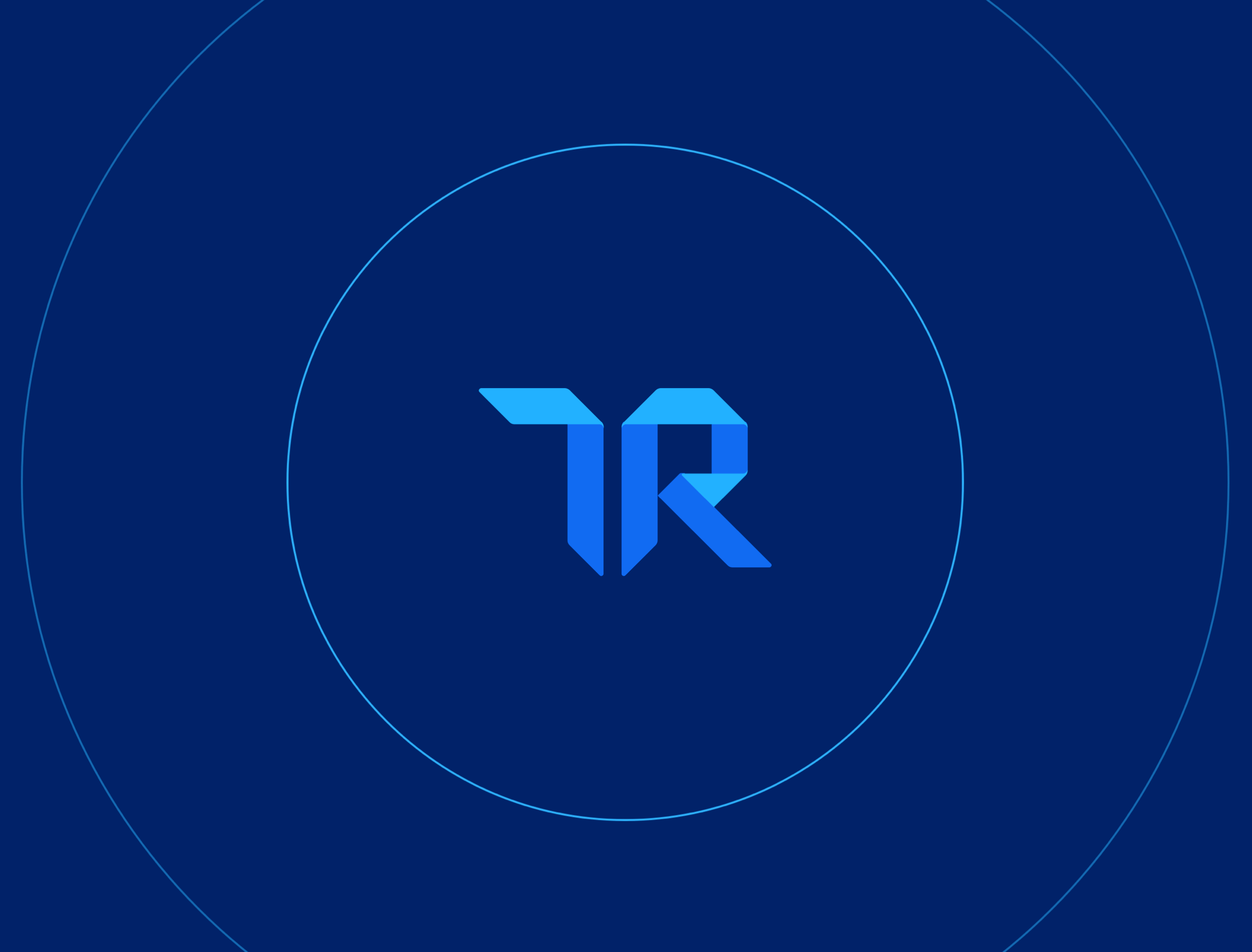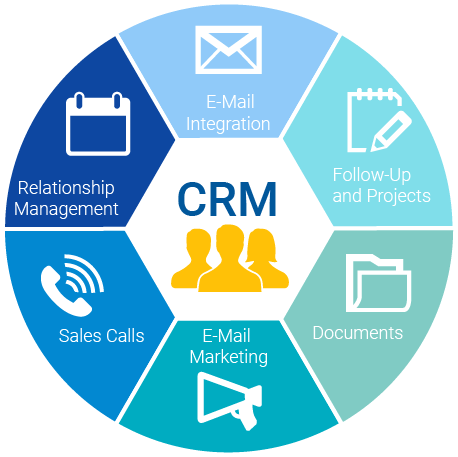Top 16 Marketing Tools for Small Businesses
For entrepreneurs looking to start or grow a small business, having the right marketing tools is necessary for success. Digital marketing tools can level the playing field, allowing upstarts to compete with established players. If you have a limited budget, it’s essential to maximize productivity and keep your overhead low. By understanding the arsenal of affordable tools available to your brand, you will be able to improve your marketing experience and maximize sales.
3 Fantastic Web Design Tools
A website or social media page is a company’s calling card to potential customers. In 2020, around 80% of shoppers reported making online purchases. With the increasing number of resources available for businesses to improve online channels, providing a fantastic buyer experience online has never been more crucial. Web design tools can empower small and mid- sized businesses to optimize their sites and social media. This will help you make them more attractive, competitive, and effective.
| Product | Price | trScore | Pros | Cons |
WordPress.org | Free, with hosting costs at $46 – $100 per year | 8.7/10 | Integrated link management, Customizable templates, SEO-friendly permalink structure | Number of plugins, Customer support, Learning curve |
BigCommerce | $30-$300 per month | 8.2/10  | Integration with marketplaces, Automated inventory management, Dropshipping | High fees, Reporting, Customer support |
Canva | $0-$290 per year | 9.1/10  | No prior web design knowledge required, Usability of editing tools, Availability of stock images and templates | Mobile version with fewer features, Team collaboration features, Enterprise licensing |
WordPress.org
WordPress is the world’s most popular website builder accounting for around 40% of websites worldwide. This web design tool is available in two different platforms: WordPress.com and WordPress.org. WordPress.org is a free open-source tool, ideal for small businesses. This includes both online retail stores and physical stores with a web presence.
The content management system allows for easy changes to a website without any coding knowledge. Customizable templates are available in a wide variety of styles.
The All in One SEO plugin offers features like automatically notifying search engines of changes to a site. Other features include integrated link management and an SEO-friendly permalink structure. A seemingly limitless number of plugins can be uploaded, making it easy to add new features to your site.
While WordPress.org is free, users will have to pay web hosting costs, which are highly affordable at $46 to $100 per year. For more information on how WordPress can help your business, check out the WordPress Tutorial for Beginners on our Buyer Blog.
BigCommerce
BigCommerce is an eCommerce platform that allows businesses to list their products across different channels and online marketplaces like Amazon, eBay, and Walmart. The innovative shopping cart solution includes Apple Pay and PayPal.
Native support for accelerated mobile pages (AMP) allows a shop owner to make changes right on their mobile device. Inventory management and order fulfillment are automated, with built-in drop shipping fulfillment processes. Prices vary from $30 to $300 per month, with a 10% discount for annual plans. An enterprise plan is available upon request.
Canva
Having impressive content on your site is a great way to increase customer engagement. Canva is a free tool that lets you create content for websites or social media. This includes customizable templates, logo design, stock photos, and image editing to fit your needs. You can also create eye-catching infographics that help you stand out from competitors.
With Canva, business owners can produce professional-grade posts and content without being an expert in graphic design. A free version of Canva is available, and the paid version costs $290 per year. Canva also offers enterprise plans to interested parties.
Mastering Social Media
Business opportunities on social media seem endless. With the universal popularity of platforms like Facebook, Instagram, and YouTube, multichannel retail opportunities have expanded to unprecedented levels.
Social media platforms have developed their own marketplaces, with many shopping features already integrated within social media apps. Whether you own a single brick-and-mortar store or have several sales channels, harnessing the power of social media offers small businesses the opportunity to experience explosive growth.
| Product | Price | trScore | Pros | Cons |
Hootsuite | $19-$599 per month | 7.9/10 | Customer experience, Social app management, Engagement metrics | Analytics, Not integrated with all social networks, Dashboard |
BuzzSumo | $0-$299 per month | 8.7/10 | Social media trends, Brand monitoring tool, Content research | Can get pricey, Interface, Integration with Slack |
Hootsuite
Hootsuite lets you manage all your social media accounts in one place. You can schedule posts, respond to followers, and review analytics on all your social pages without having to access them individually. The dashboard also makes it easy to spot trends, by tracking influencers and hashtags. Hootsuite offers a 30-day free trial, and pricing plans start at $19 but rise as high as $599 for Enterprise plans.
BuzzSumo
Increasing sales requires research and access to a lot of data. With BuzzSumo you can see what’s trending on social media, and the products or keywords your audience is searching for. Brand monitoring tools also make it easier to track your competitors. The free version only allows up to 10 searches per month. Premium versions vary from $99 to $299, but annual plans offer a 20% discount.
Search Engine Marketing and SEO
Having a marketing strategy is critical for finding, targeting, and retaining customers. For any business looking to sell products online or in-person, Search Engine Optimization (SEO) and Search Engine Marketing (SEM) tools can help you identify and target your niche market.
An SEO strategy based on engaging content and keywords will make your site more visible to search engines. Bidding for ads on these search engines can turbocharge sales revenue. Here are some tools to help you do both. SEM Rush lets you do comparative keyword research, and you can even see what competitors are up to on the SEO front. Google also provides fantastic tools that come free with a business account linked to your website.
| Product | Price | trScore | Pros | Cons |
SEM Rush | $100 – $375 per month | 9/10  | Usability, Keyword analysis, Backlink tracking | Paid search reporting, Social media reporting, Local search settings |
Google Ad | Varies with ad spend | 8.1/10  | Paid search campaign management, Keyword planning and analysis, Bid and budget management | Spending can get out of control, Requires more in-depth knowledge of digital marketing, Customer support |
Google Analytics | $0-$150,000 per year | 8.6/10  | Detailed reports, Data accuracy, Seamless experience | Expensive premium version (Analytics 360), Cookie reporting, Attribution modeling for a limited number of reports |
Google Search Console | Free | 9/10  | Graphs and reports, Keyword accuracy, SEO | Delays uploading data, HTML and XML site formats not accepted , Integration with third-party platforms |
SEM Rush
SEM Rush helps you audit optimization, identify keywords for any search term, and show you insights on what competitors are doing with similar topics. You can compare several keywords at a time to identify top performers in organic search. While SEM Rush does have a free version, the premium packages run from $100 to $375 per month.
Google Ads
Google Ads (formerly AdWords) is at the heart of SEM, that is, paying for ads that help you get noticed in Google searches, banner display ads, and on YouTube. You bid on keywords to determine the cost you have to pay for every click that your ad gets (pay-per-click).
Search engine algorithms also judge the relevance of your content when determining your ranking in search results. This means that keywords on your site and in blog posts should align with the keywords you’re bidding on. Success with paid search advertising on Google Ads depends on the ability to target niche buyers with the appropriate keywords. If adjustments are not made when necessary, ROI will begin to decrease.
Google Analytics
Google Analytics is an indispensable tool to track website and campaign performance. Trackable metrics include the number of visitors over time, demographics, and time spent on pages. You can also see if users reached your site via search engines, directly, or from social media. This can help you tailor content to your target audience and optimize campaigns. While Google Analytics is free, the premium version (Google Analytics 360) is priced high at $150,000 per year.
Google Analytics Acquisition Tab
Google Search Console
Designed to work closely with Google Analytics, Google Search Console simplifies the process of website optimization. SEO problems are pinpointed, as are the keywords consumers of your product or service are searching for.
Get the most out of Email marketing
| Product | Price | trScore | Pros | Cons |
MailChimp | Free up to 2,000 subscribers, with premium packages from $15 to $300 per month | 8.2/10 | Usability, Integration between social accounts and email campaigns, All-in-one marketing solution | Customization, List segmentation is difficult for beginners, Database integration updates |
MailChimp
One of the best ways to build customer loyalty is by offering engaging content on
your site. Adding value makes visitors more likely to give you their emails. MailChimp can help you do this with integrated pop-up forms. It’s also the elite tool to send out newsletters and emails with sales and promotions. Powered by AI, MailChimp is also an all-in-one Marketing Platform that automates marketing campaigns. The service is free until the business reaches 2,000 subscribers. After that, packages range from $15 to $300 per month.
Manage Customer Relationships with CRM Software
As your business expands – and your client list begins to grow, Customer Relationship Management (CRM) tools become essential to sustained growth and customer satisfaction. CRM’s help you keep track of all your customers’ needs and wants and how partnerships have evolved. There is plenty of free CRM software available today that small businesses can use to scale while maintaining top customers.
| Product | Price | trScore | Pros | Cons |
Pipedrive | $12.50-$99 per month | 8.7/10  | Mobile App, Forecasting, Customer Data Management | Campaign Planning, A/B Testing, Customer Behavior and ROI tracking |
HubSpot CRM | $45-$3200 per month | 8.2/10  | User experience, Pipeline organization, Tracking prospect activity | Expensive enterprise plan, Forecasting, Training |
Zoho CRM | $0-$60 per month | 8.2/10  | Usability, Many free features, Affordability | Interface, Email template, Social integration |
Pipedrive
Pipedrive is a CRM and sales management tool that guides users through the selling cycle. Forecasting, customer data management, and its mobile app features have been highly rated by reviewers. Buyers can start with a 14-day free trial, with prices varying from $12.50 to $99 after that.
HubSpot
Designed for businesses of all sizes, HubSpot CRM is one of the most popular CRM tools on the market. The marketing, customer service, and lead capture features focus on increasing conversion rates. Helpdesk setup, email tracking, and scheduling meetings are some free features that small businesses can use. Many free tools cover sales, marketing, customer service, and operations. Paid plans start at $45, rising to $3,200 a month for the enterprise plan.
Zoho CRM
Zoho CRM is another tool favored by small businesses, especially freelancers. Unique features include email authentication, page customization, and even a mobile app. Zoho is free to use, with a premium version that costs $60 per month.
Choosing the right tools
When deciding which marketing tools are right for small businesses, you need to consider the price and the usefulness of each feature. Some marketing tools may have overlapping features but can provide unique tools to meet business goals.
The performance of each marketing tool should be analyzed to gauge ROI and integration with other business software. Growing your audience is essential to attract new customers. Providing a world-class customer experience will build brand loyalty and allow small businesses to maximize profit margins.
Was this helpful?

Looking for your next Marketing Automation Software? Start by reading 100% authentic reviews from users just like you.


